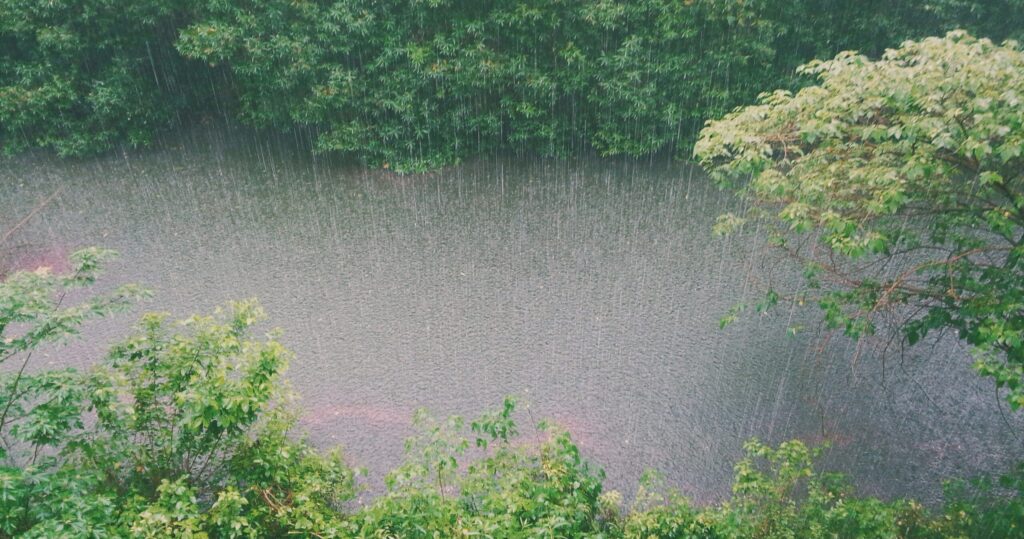An article in the Washington Post declares with unseemly glee that a study in the undoubtedly unbiased journal Earth’s Future says this summer the planet gets it for sure. Of course it’s not that they want humanity punished for its sins… or so we hope. It’s that they’re convinced the crisis is real and want everyone to see indisputable evidence and act.
We are all prone to feel enthusiasm, and relief, when some disaster we’ve predicted becomes obvious. Winston Churchill was appalled at the Japanese attack on Pearl Harbor, of course, but as he later wrote, that night “I went to bed and slept the sleep of the saved and thankful” because now the Unites States would enter the war as he and Franklin Roosevelt had long been convinced it had to, and would enter it in time.
For the same reason we can accept someone saying look, the heat wave proves it. Or rather we could accept it, if they had not brushed aside a brutally cold winter as the predictable, though not predicted, consequence of warming. And if they would stipulate in advance that if this summer is not in fact incredibly hot, there’s something wrong with their theory.
Such an approach, alas, is not apparently on offer. Earth’s Future is apparently “a transdisciplinary, Gold Open Access journal examining the state of the planet and its inhabitants, sustainable and resilient societies, the science of the Anthropocene, and predictions of our common future through research articles, reviews and commentaries.” So no axe to grind there.
Unlike the Washington Post, whose story on the study has the usual bait-and switch elements including “While some scientists hesitate to attribute individual heat spells to climate change, Daniel Swain, a climate scientist at the University of California at Los Angeles, tweeted that his research suggests that we've ‘reached the point where a majority (perhaps a vast majority) of unprecedented extreme heat events globally have a detectable human influence.’” And the now-you-see-it-now-you-don’t prose style in which “There are signs record-setting heat waves are beginning anew this summer - signaling, perhaps, that these exceptional and widespread heat spells are now the norm.”
Or perhaps not. For, the story adds for safety, “It remains to be seen whether heat waves this summer become as pervasive and intense as last summer." That quietly stipulated, it goes back to roaring: the Earth's Future study concluded we've entered "a new climate regime," featuring "extraordinary" heat waves on a scale and ferocity not seen before.” So although the evidence is not in, the conclusion is.
The Post piece verges on misrepresentation in saying “Last summer, exceptional heat affected 22 percent of the populated and agricultural areas of the Northern Hemisphere between the months of May and July, the Earth's Future study said” without adding for context that while 2018 was proclaimed the 4th-hottest year ever (a word here meaning in the last century or so) based on very sketchy global temperature records, in the United States with the best current and historical measurements it was only the 14th-warmest.
Now if indeed 2019 turns out to be a crackling blaze across the globe, there will be reason to think the alarmist thesis has been confirmed or at least reinforced. And those convinced it must be sooner or later can be excused for feeling relief that at long last the skeptics have been silenced by the wrath of Mother Nature. But what if it’s not? Will Earth’s Future and the Washington Post say “There are signs of a lack of record-setting heat waves this summer - signaling, perhaps, that exceptional and widespread heat spells are not the norm”?
Or, forecasting being tough, even of the upcoming Atlantic hurricane season, would they at least say it’s hard to tell what will happen and, thus hard to tell which theory any given outcome tends to confirm? Or is it all heads I win, tails perhaps you lose?


